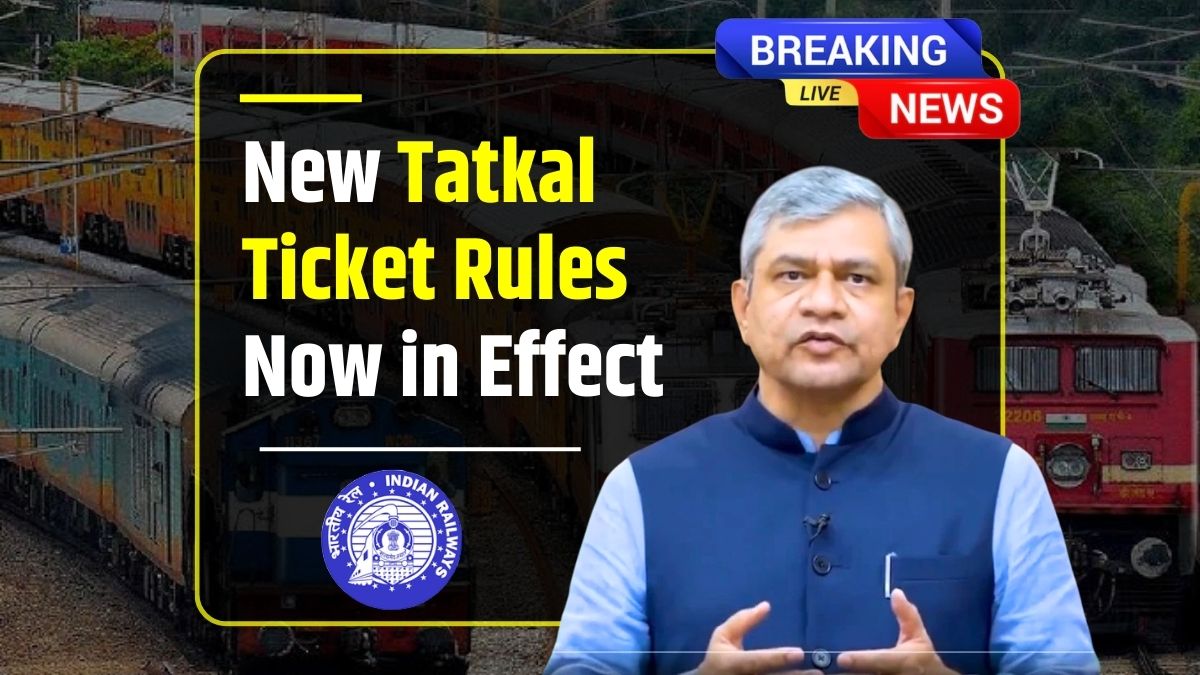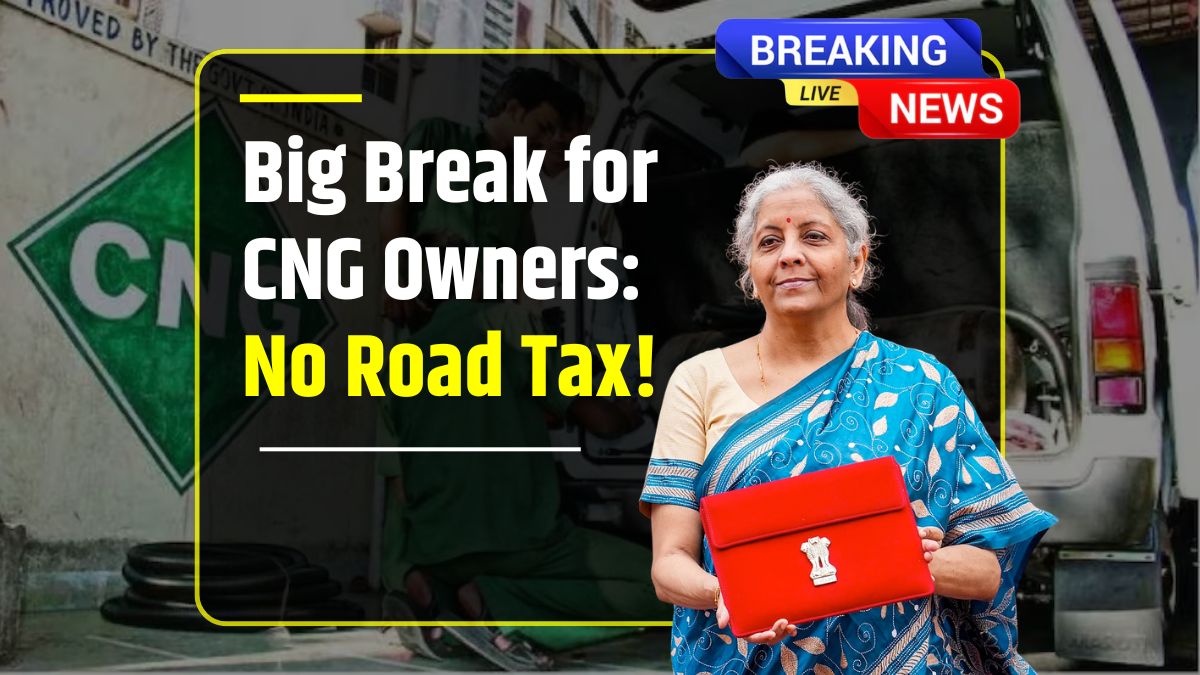8th Pay Commission – It’s official! The government has finally approved the 8th Pay Commission, bringing a wave of relief and excitement for central government employees and pensioners across the country. One of the biggest highlights? The fitment factor has been set at 1.92, which will directly boost your basic pay—and of course, your overall salary too. This move is expected to raise take-home pay by 30–35% for many, making it a welcome upgrade, especially after years of anticipation.
What’s the 8th Pay Commission All About?
The Pay Commission is a government-appointed body that reviews and updates the salary structures of central government employees every decade. The 8th Pay Commission will now succeed the 7th CPC, which came into effect back in 2016. Its main job is to revise pay scales, perks, and pensions while recommending changes based on inflation and the cost of living. Simply put, it ensures that government employees are compensated fairly as the economy evolves.
What Does the 1.92 Fitment Factor Mean?
Now, let’s break down the big number: 1.92. This fitment factor is used to calculate your new basic pay by multiplying your current basic salary. So for example, if your basic pay under the 7th CPC was ₹25,500, under the new fitment factor, your revised basic pay would be around ₹48,960. That’s a decent jump! While the 7th Pay Commission had a fitment factor of 2.57, the new 1.92 is based on a fresh pay matrix and structure, and is expected to bring an overall hike of 30–35%, including perks and allowances.
How Much More Will You Actually Earn?
To give you an idea, here’s a simple example of how salaries could look under the 8th CPC. Someone at Level 1, with a current basic pay of ₹18,000, will now have a revised pay of ₹34,560—that’s a hike of ₹16,560. A senior officer at Level 14, currently earning ₹1,44,200, can expect that to go up to a whopping ₹2,76,864. Of course, final figures will vary once allowances are added, but you get the idea—salaries are getting a serious upgrade.
When Will It All Happen?
While the approval has been given, the actual rollout of the 8th Pay Commission is expected around January 2026, staying in line with the usual 10-year cycle. That said, there’s buzz that if political or economic conditions shift, this timeline could be moved up. A committee will soon be formed to start preparing the final recommendations, which are expected to be ready by 2025—possibly to coincide with the Union Budget in 2026.
Who Benefits and How?
More than 50 lakh central government employees and around 65 lakh pensioners will benefit from this move. Employees can look forward to a better lifestyle, higher savings, and more investment opportunities. Pensioners, on the other hand, will enjoy revised pension amounts based on the new basic pay, plus higher Dearness Relief. This is a solid win for both active and retired staff.
Group C employees will see a major improvement in their take-home pay. Officers in Group B and A will benefit from a jump in both salary and perks. For pensioners, especially those who’ve seen stagnating payouts, this change brings a well-deserved financial boost. Even new recruits will now enter the system under a more attractive pay scale.
What About Allowances?
With basic pay going up, allowances are expected to get a revision too. House Rent Allowance (HRA), Travel Allowance (TA), and Medical reimbursements are all likely to be aligned with the new salary structure. DA will continue to be adjusted every six months, based on inflation rates. This means that not just your salary, but your total income package is set to get better.
How Are People Reacting?
As expected, employees and unions have welcomed the move with open arms. On the flip side, some economists are a bit concerned about the impact on the fiscal deficit. Meanwhile, political parties have started using the 8th Pay Commission as a campaign tool, promising faster rollouts or additional benefits if they’re voted into power. So yeah, it’s already shaping up to be a hot topic in upcoming elections.
What Happens Next?
Now that approval is in place, the government is expected to set up a committee to fine-tune the implementation. Consultations with employee unions will likely follow, and by 2025, we should have a clear picture of salary structures, budget allocations, and rollout plans. So, while there’s still some time before you see the updated figures in your pay slip, it’s safe to say change is coming—and it looks good.
In short, the 8th Pay Commission’s approval and the 1.92 fitment factor mean one thing: better salaries, improved pensions, and a stronger financial future for government staff and retirees alike. Just keep an eye on official updates, and get ready to plan your finances around the coming changes!
Disclaimer – This article is based on publicly available data and early government reports. Final numbers, rollout dates, and policy details may change as per official notifications. Please consult your department or financial advisor for personalized guidance.









